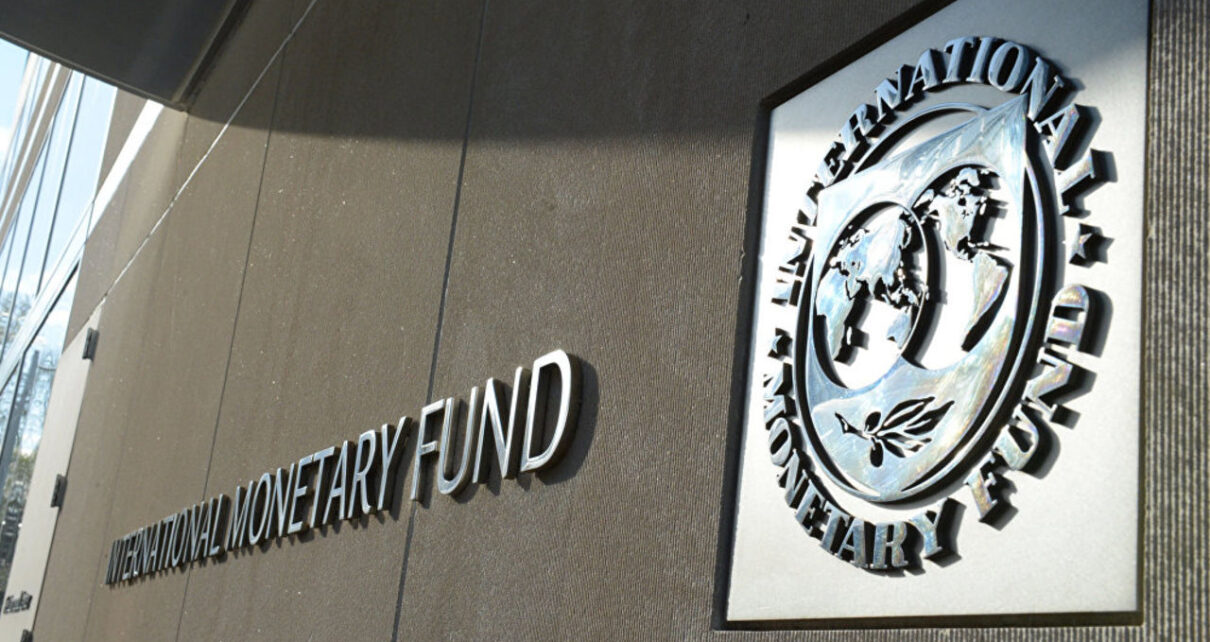The International Monetary Fund (IMF) has downgraded Nigeria’s economic growth projections for 2024 to 3.0% percent from the 3.1 percent it forecasted in October last year, which is far less than the 3.76 percent projected by the Federal Government this year.
The Bretton Woods institution gave these figures in its ‘World Economic Outlook Update, January 2024,’ released on Tuesday and estimated that Nigeria’s economy grew by 2.8 percent, a slight decline from the 2.9 per cent it predicted in October 2023
The international development finance institution also projected that Nigeria’s economy would grow by a percentage point to 3.1 percent in 2025.
In its October update, the IMF hinged its lower forecast about Nigeria’s economic growth to weaker oil and gas production.
It stated: “Growth in Nigeria is projected to decline from 3.3 per cent in 2022 to 2.9 per cent in 2023 and 3.1 per cent in 2024, with negative effects of high inflation on consumption taking hold.
“The forecast for 2023 is revised downward by 0.3 percentage point, reflecting weaker oil and gas production than expected, partially as a result of maintenance work”, it added.
In its 2024 prediction for sub-Saharan Africa, the IMF expects the region’s economy to grow by 3.8 per cent.
The Washington D.C based-institution further projected: “In sub-Saharan Africa, growth is projected to rise from an estimated 3.3 per cent in 2023 to 3.8 per cent in 2024 and 4.1 per cent in 2025, as the negative effects of earlier weather shocks subside, and supply issues gradually improve.
“The downward revision for 2024 of 0.2 percentage point from October 2023 mainly reflects a weaker projection for South Africa on account of increasing logistical constraints, including those in the transportation sector, on economic activity”, it added.
Overall, it projected the global economy to grow at 3.1 per cent in 2024 and 3.2 per cent in 2025, the 2024’s forecast is 0.2 percentage points higher than what the Washington-based lender projected in its October 2023 World Economic Outlook.
It stated that this expected growth was due to expected resilience in the United States and several large emerging markets and developing economies, as well as fiscal support in China.
The IMF clarified: “The forecast for 2024–25 is, however, below the historical (2000–19) average of 3.8 per cent, with elevated central bank policy rates to fight inflation, a withdrawal of fiscal support amid high debt weighing on economic activity, and low underlying productivity growth. Inflation is falling faster than expected in most regions, in the midst of unwinding supply-side issues and restrictive monetary policy.”
In the third quarter of 2023, report by the National Bureau of Statistics (NBS) indicated that Nigeria’s GDP grew by 2.54 per cent year-on-year in real terms.
Commenting on economic growth at a recent forum, the governor of the Central Bank of Nigeria (CBN), Dr.Olayemi Cardoso, said: “The projections for the nation’s economy paint an optimistic trajectory as the Federal Government of Nigeria anticipates real GDP growth of 3.76 per cent in 2024, slightly surpassing the estimated 3.75 per cent for 2023.”




